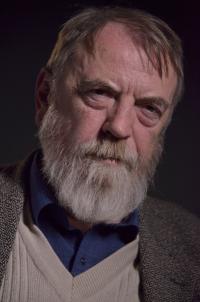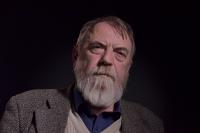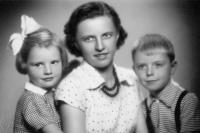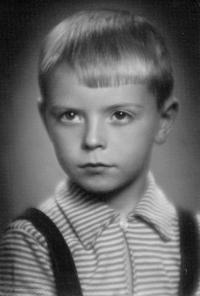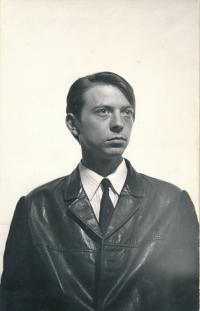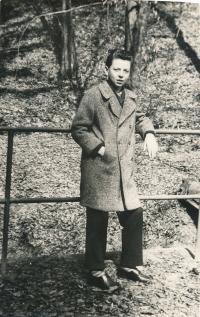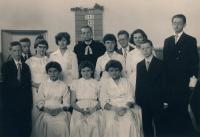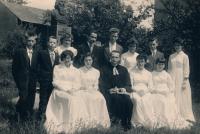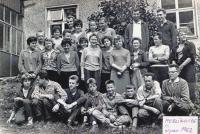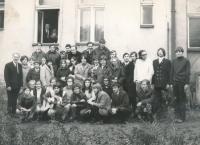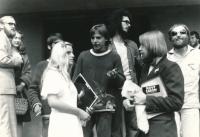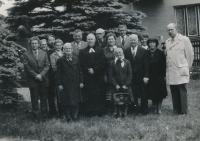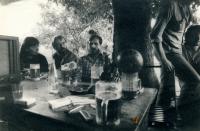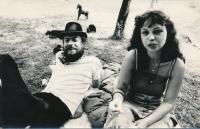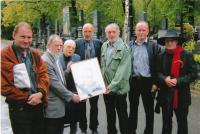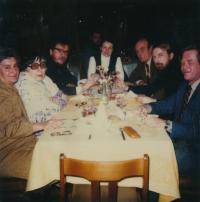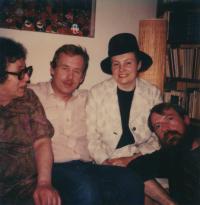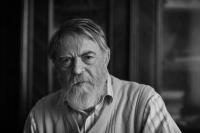“I am eager to see something new, something with a future, before I die.”

Download image
Jan Kozlík was born on the 4th of January 1946 in Mšeno near Mělník to Miroslava and Jan Kozlík. His childhood was affected by the confrontation between the scientific world approach presented by some of his teachers and the Christian faith of his parents and the Protestant pastor Josef Svoboda. His mother died when he was ten years old. Given his fathers’ publicly presented opinions (for instance, his absence in elections) Jan Kozlík was only admitted to a vocational school, training to be an electrician. Even though he successfully passed the admission exams in 1964, he was not admitted to Prague’s Protestant Theological Faculty. He was only accepted in 1968 after graduating from a high school of electrical engineering. In 1971, on the anniversary day of the 1948 communist putsch, he removed the Soviet flag from the theological seminary. The only good advice of an attorney saved him from arrest. In 1972, he was expelled from the university. He lived in Prague and made a living as an electrician, inspection technician and stoker. He attended theological and philosophical seminars held in private apartments. In 1977, he signed the Charter 77 and throughout 1983 served as its spokesman. Since 1988, he was engaged in the Movement for Civil Liberty. Starting in March 1990 he served on a vetting commission with the federal Ministry of Interior. He co-founded the Bureau for the Protection of the Constitution - later transformed to Security Information Service (BIS). There he had worked until his retirement. He devotes himself to philosophy and theology.
